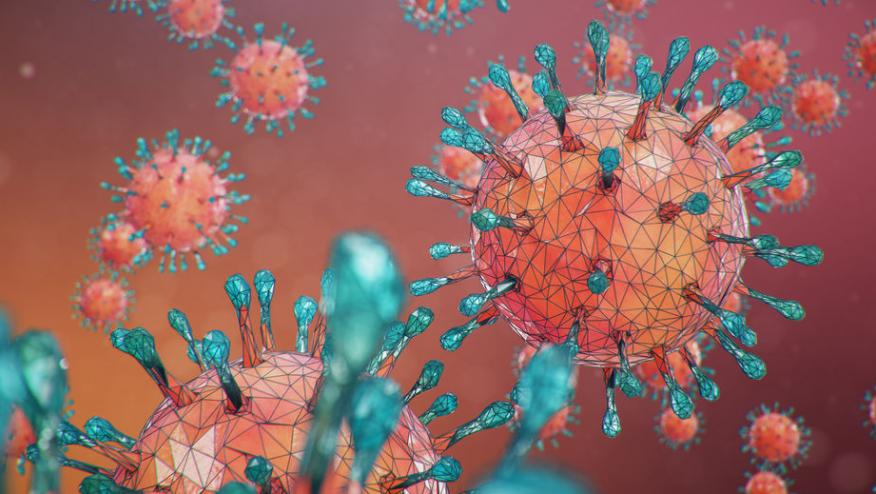COVIDs Extended Risk for Rheumatic Disease Save

Annals of Internal Medicine reports a large, binational study finding SARS-CoV-2 infection was associated with an increased risk for autoimmune inflammatory rheumatic diseases (AIRDs) that extends up to 12 months after infection. Moreover, vaccination showed some protection against AIRDs, depending on severity of infection.
The risk was found to be higher with greater severity of acute COVID-19, even among those who were vaccinated. These findings suggest that care strategies for patients who survive COVID-19 should pay close attention to manifestations of AIRD, particularly after severe illness.
Emerging data suggest a higher risk for AIRDs among persons with a history of COVID-19. However, these findings are based entirely on comparisons between groups infected with SARS-CoV-2 and those that are not, which might be biased by differences in health-seeking behavior and inherent risk factors within the groups. In addition, studies have not explored the effect of vaccination and other modifiable factors on prevention of long term COVID-19 complications.
Researchers from Kyung Hee University, Seoul, South Korea used data from two national, large-scale, general population-based cohort studies in Korea and Japan to investigate the effect of COVID-19 on long-term risk for incident AIRD over various follow-up periods. The data comprised of more than 10 million Korean and 12 million Japanese adults, including those with COVID-19 between January 2020 and December 2021, matched to patients with influenza infection and to uninfected control patients. The researchers assessed the data for onset of AIRD at 1, 6, and 12 months after COVID-19 or influenza infection, or the respective matched index date of uninfected control patients.
They found increased risk for incident AIRD up to 12 months after COVID-19 diagnosis compared with the other two groups (adjusted hazard ratio, 1.25 [95% CI, 1.18 to 1.31]) and influenza-infected control patients (adjusted hazard ratio, 1.30 [CI, 1.02 to 1.59]). The risk for incident AIRD was higher with those with more severe acute COVID-19.
The authors noted that COVID-19 vaccination was associated with reduced risk for incident AIRD after SARS-CoV-2 infection, except for among those who had severe COVID-19 despite vaccination.









If you are a health practitioner, you may Login/Register to comment.
Due to the nature of these comment forums, only health practitioners are allowed to comment at this time.